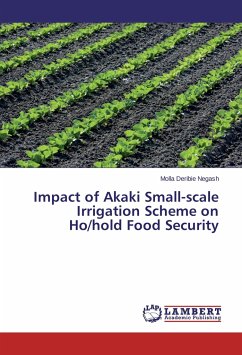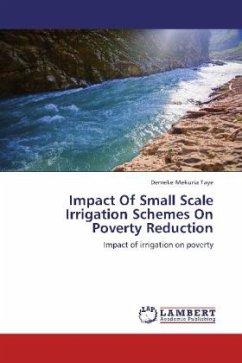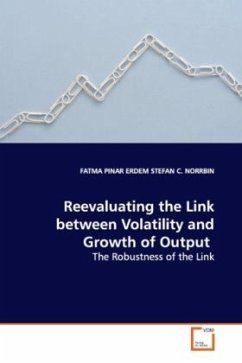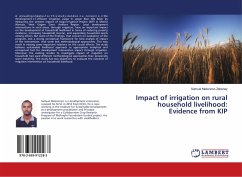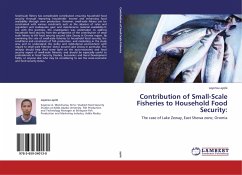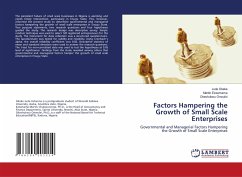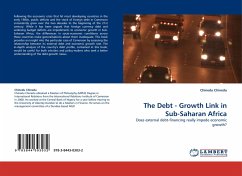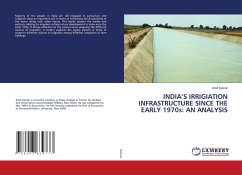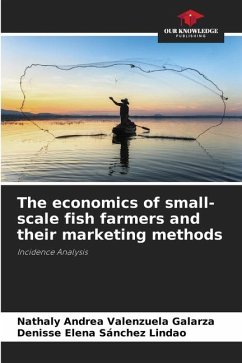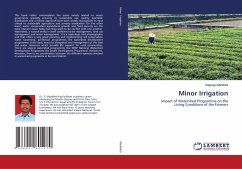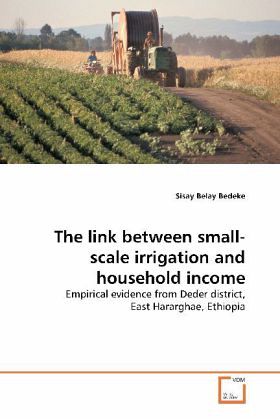
The link between small-scale irrigation and household income
Empirical evidence from Deder district, East Hararghae, Ethiopia
Versandkostenfrei!
Versandfertig in 6-10 Tagen
32,99 €
inkl. MwSt.

PAYBACK Punkte
16 °P sammeln!
Irrigation development is one important rural development strategy of Ethiopian government in reducing the risks associated with rainfall variability. As a result, a number of modern irrigation schemes have been constructed though their natures, directions and magnitude of contribution on households'' income is not clearly known. Therefore, the aim of this study was to examine the link between small-scale irrigation and household income based on data obtained from sample respondents. The data was analyzed based on Heckman-two-stage econometric model which follows participation and outcome equa...
Irrigation development is one important rural development strategy of Ethiopian government in reducing the risks associated with rainfall variability. As a result, a number of modern irrigation schemes have been constructed though their natures, directions and magnitude of contribution on households'' income is not clearly known. Therefore, the aim of this study was to examine the link between small-scale irrigation and household income based on data obtained from sample respondents. The data was analyzed based on Heckman-two-stage econometric model which follows participation and outcome equations. The participation equation of the model revealed that sex, access to extension services, access to credit and financial constraints were significantly affects probability of participation in irrigation water utilization, whereas, access to credit, livestock holdings and proportion of irrigated land size were also significantly affect households'' income in the outcome equation. Therefore, the findings of the study suggested that any efforts in irrigation development should give more focus on strengthening enabling socio-economic and institutional environments.



